Search Results for 'Eoin Bourke'
6 results found.
‘ Hey you! Your trumpet must have a dose of the sniffles’
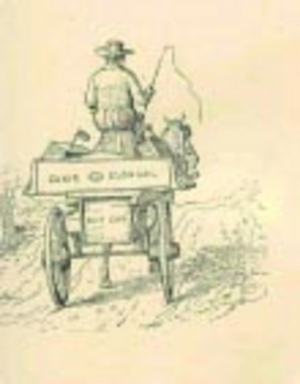
Despite the large population just before the Great Famine (estimated to being more than seven million), the mode of transport from town to town remained primitive. The revolutionary canal system, which provided a highly imaginative way of moving heavy cargo and passengers on storm-free waters, was introduced in the late 17th century. If you wanted to travel from Galway to Dublin you either walked or rode to the nearest canal network (probably on the River Shannon), and finished your journey calmly on water.
‘ Long life to Napoleon and to Your Honour:’
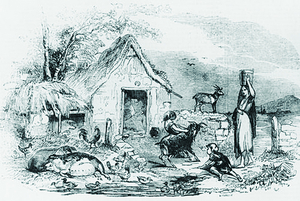
The one thing that distressed Prince Hermann von Puckler-Muskau, during his visit to Galway in the summer of 1828, was that ‘the dirt, the poverty, and the tattered clothing of the common man was beyond belief.’ He finds this hard to accept. He has just come from London, which was then possibly the most prosperous city in Europe, with its great shops, merchandise, theatre, and visitors. After Trafalgar (1805), British ships could sail the seas, and extend its empire unchecked; and after Waterloo (1815), its armies were triumphant and feared.
A prince arrives!
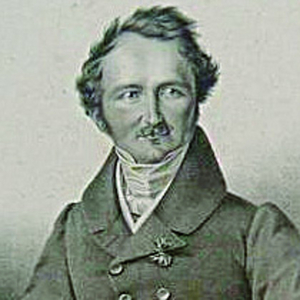
There was a curious sequel to the story of poor Michael Kelly of Mirehall, Headford, whom I mentioned last week. Kelly, a substantial farmer and horse breeder, won the ‘gentleman’s race’ at Galway in 1884. However the stewards refused to give him the trophy claiming he was not a gentleman. Kelly sued, and won his case.
'Galwegians are particularly vindictive'
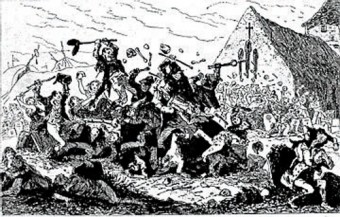
An unflattering picture of Galway in the mid 19th century is recorded here by a German teacher Adolf Helfferich. Earlier this year Eoin Bourke, emeritus professor of German at NUIG, published a very interesting collection of German traveller's views of Ireland from before the 1798 Rising to after the Great Famine (Poor Green Eirin published by Peter Lang and Co).
A German sees Galway through rose-coloured glasses?
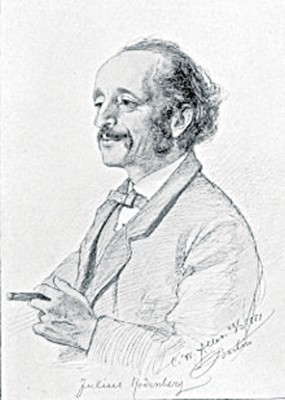
On a wet winter’s day in 1858 Julius Rodenberg stood inside the Royal Hotel in Limerick waiting for the Bianconi ‘Royal Coach’ to Galway. It is the same Julius that I mentioned last week, who was so miserable on a Bianconi coach to Clifden. Between the years 1855 and 1862 he travelled extensively throughout Europe, and wrote numerous travel books. Despite some misgivings at the beginning of his visit to Ireland, he ended up thoroughly enjoying the hardship and its people, writing a successful book: The Island of saints - a Pilgrimage through Ireland, which was immediately translated into English*.
Characteristics of a ‘half-civilized’ people
In the late 18th and mid 19th centuries, at least 28 German travel writers wrote extensively about Ireland. I’ll tell some of what a few of them had to say in the weeks ahead, but by far the most colourful was Prince Hermann Ludwig Heinrich von Puckler-Muskau. He lived his 86 years to the full. As a dashing cavalry officer he fought against Napoleon until he inherited Muskau Park near Berlin to which he added brilliant landscapes and gardens. He searched for the source of the Nile, and fought off bandits in the deserts of North Africa. He walked through much of Europe, taking notes of his observations all of which were eventually published. In 1814 he visited England and delighted the dandy Prince of Wales by introducing the rectangular monocle. His struggle with the English language caused laughter in high society, and generally he was a source of amusement; but he seemed to have enjoyed himself immensely.*

